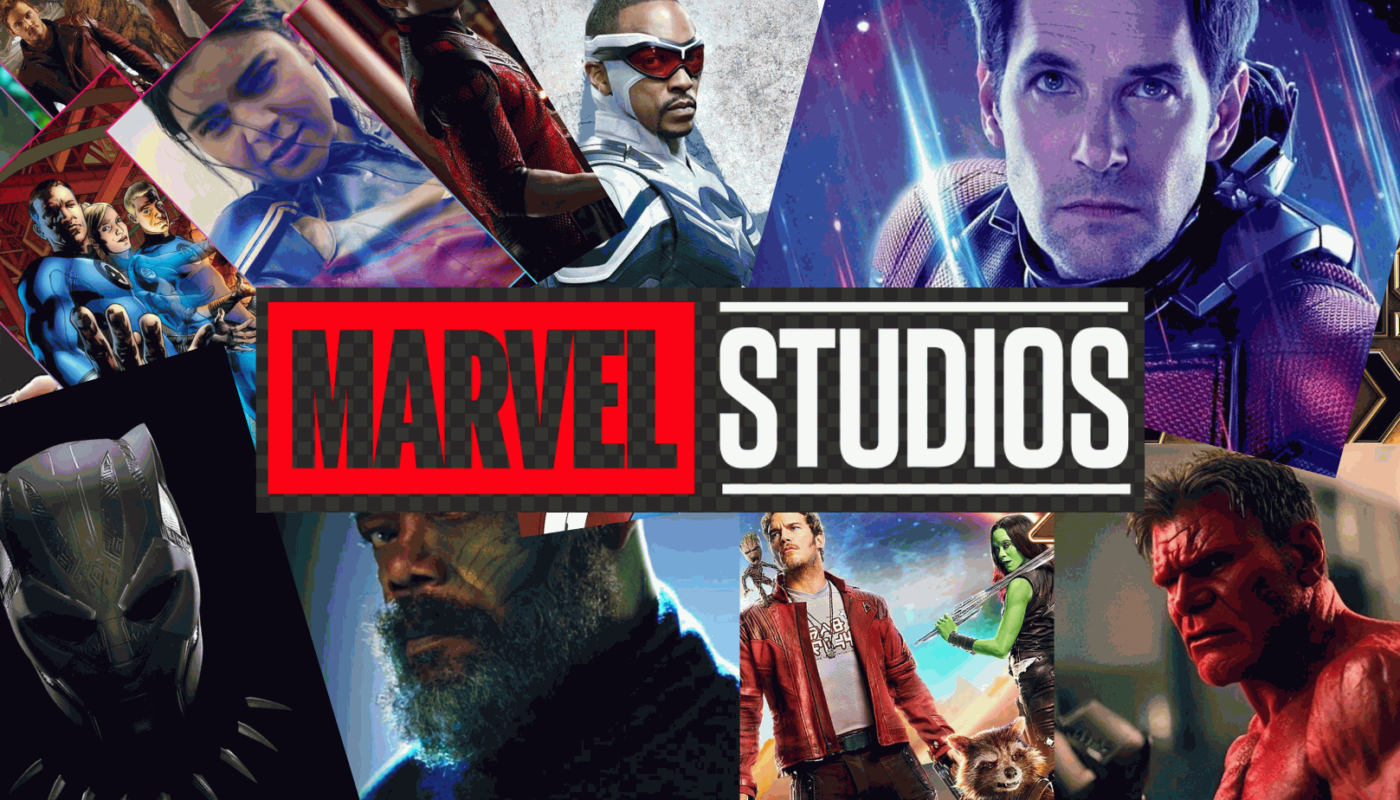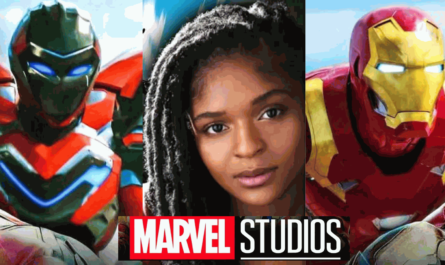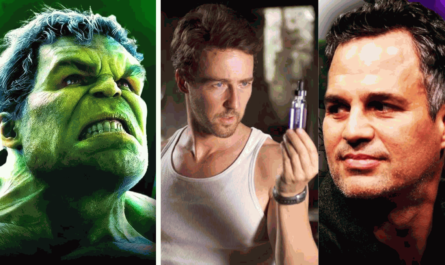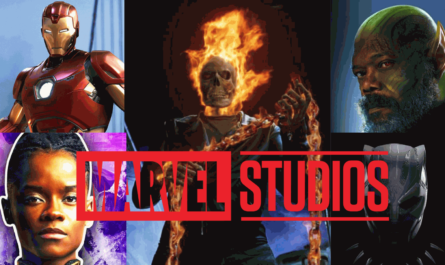Marvel Studios may now face legal action over deceptive trailers. Marvel Companies and all other Hollywood film companies may now be held accountable for fraudulent or misleading trailers, according to a recent court decision made public on Wednesday.
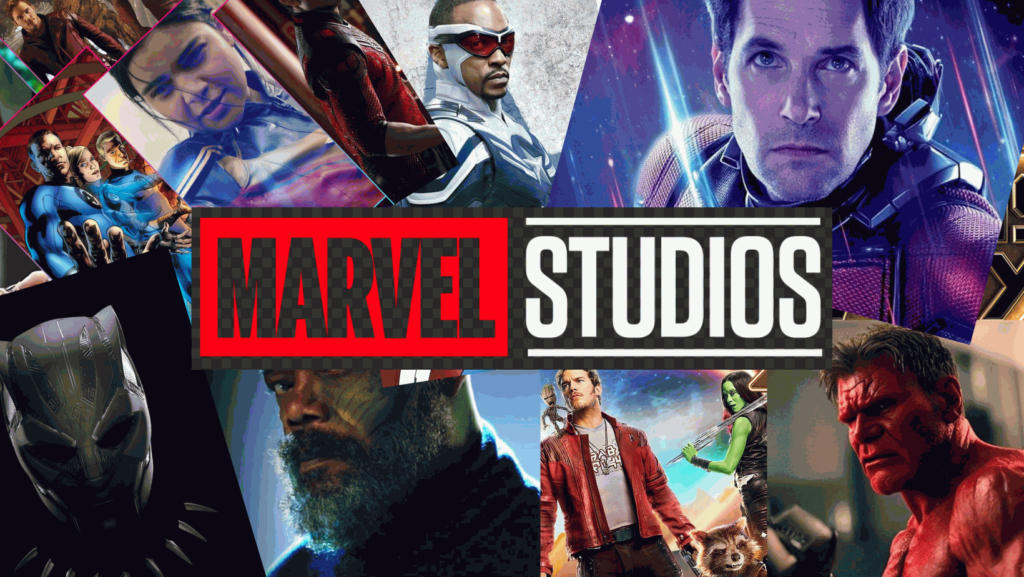
Movie trailers are being employed not just as promotional tools but also as standalone goods that generate buzz and enthusiasm. The MCU is no exception, as its trailers generate a great deal of fan reaction and passionate fan conjecture. Since its first release, less than a month ago, the Guardians of the Galaxy Vol. 3 teaser has been viewed by more than 24 million people.
While Marvel trailers haven’t always been intentionally misleading, they have occasionally included footage that was cut from the final cut of the film or changed to eliminate spoilers.
The Battle of Wakanda was prominently featured in the Avengers: Infinity War teaser, even though the Hulk never completely changed in the film beyond the opening sequence. In the Spider-Man: No Way Home trailer, a scene including Tobey Maguire and Andrew Garfield was modified to remove the actors’ appearances.
There Will Be No More False Trailers
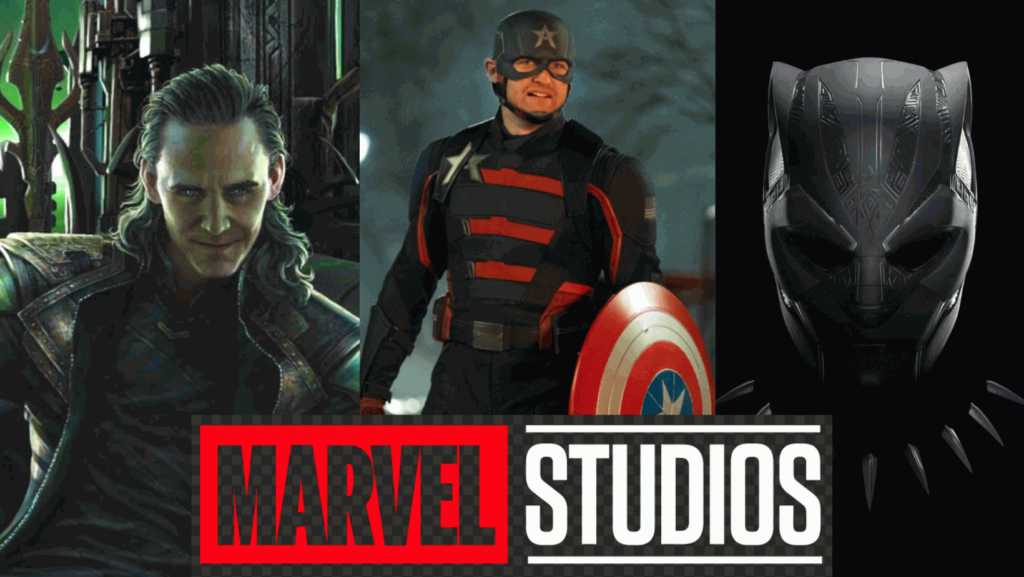
Variety reports that a decision made by U.S. District Judge Stephen Wilson makes it lawful to sue film studios if they give false information about an actor’s looks in a trailer.
The choice was taken as a lawsuit was being filed against Universal over the 2019 trailer for Yesterday, which highlighted Ana de Armas despite her absence from the finished product.
Movie trailers are commercial communication because, at their heart, they are “intended to promote a movie,” hence Judge Wilson rejected Universal’s claim that they are “artistic, expressive work” that should be regarded as “non-commercial” speech.
The decision only applies to trailers that deceive “a considerable share” of “reasonable consumers,” so just because a trailer includes certain scenes that aren’t included in the finished film doesn’t automatically make it deceptive advertising.
Armored Marvel Trailers?
Marvel Studios, one of the biggest studios in the world, won’t be an exception to this rule. If MCU trailers continue to have edited or underutilised content, such in Infinity War or No Way Home, customers who feel misled or tricked may file a lawsuit against the firm.
Maybe this will make MCU trailers seem more realistic, relieving fans of the worry that Marvel may be hiding the surprise arrival of a character that was deleted from a scene in the trailer.
However, the trailers for the upcoming MCU films are already accessible to view online, including those for Ant-Man and the Wasp: Quantumania in February and Guardians of the Galaxy Vol. 3 in May.
Marvel Companies and all other Hollywood film companies may now be held accountable for fraudulent or misleading trailers, according to a recent court decision made public on Wednesday.
Movie trailers are being employed not just as promotional tools but also as standalone goods that generate buzz and enthusiasm. The MCU is no exception, as its trailers generate a great deal of fan reaction and passionate fan conjecture. Since its first release, less than a month ago, the Guardians of the Galaxy Vol. 3 teaser has been viewed by more than 24 million people.
While Marvel trailers haven’t always been intentionally misleading, they have occasionally included footage that was cut from the final cut of the film or changed to eliminate spoilers.
The Battle of Wakanda was prominently featured in the Avengers: Infinity War teaser, even though the Hulk never completely changed in the film beyond the opening sequence. In the Spider-Man: No Way Home trailer, a scene including Tobey Maguire and Andrew Garfield was modified to remove the actors’ appearances.
